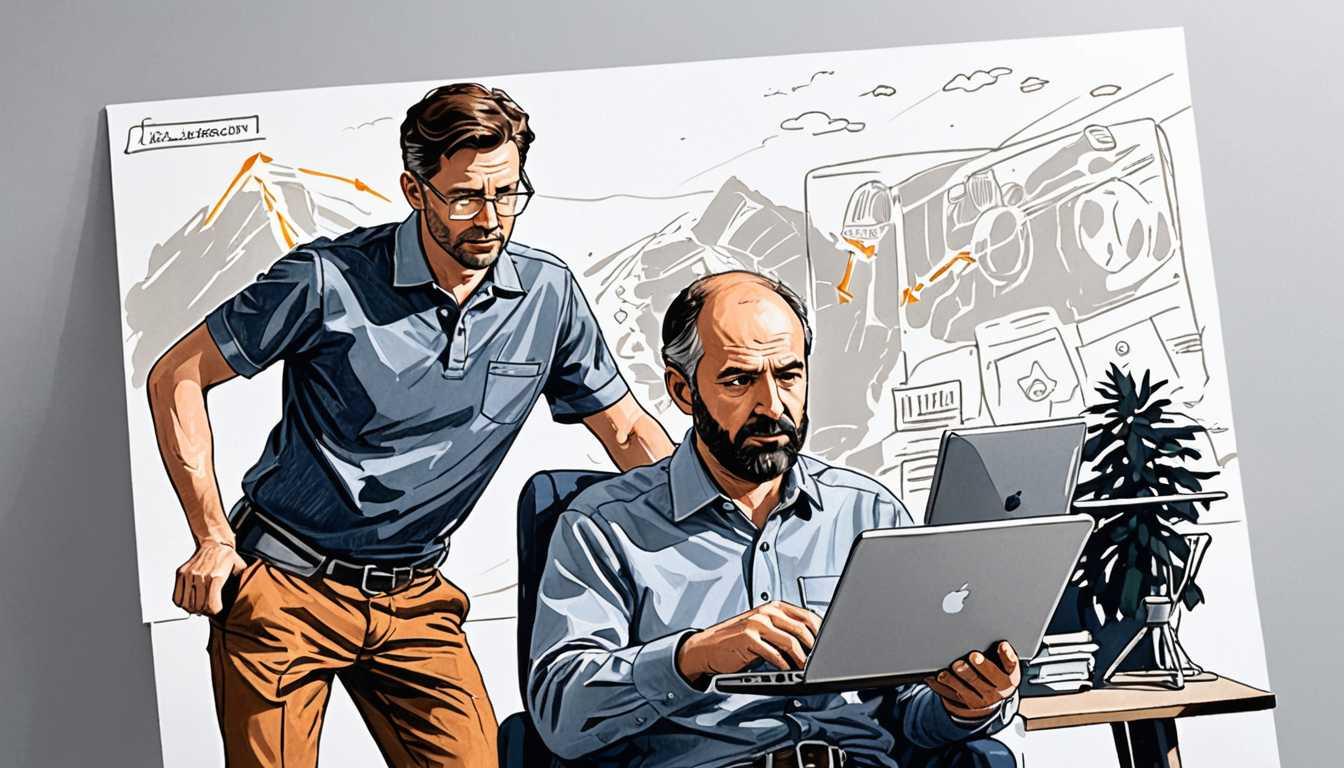Wage Hike: NY's Big Boost?
March 2024
Cornell University
Introduction
Imagine living in New York and suddenly, bam! Your paycheck gets a superhero boost to $21.25 per hour. Thanks to Cornell University's brainy folks, we've got the scoop on how this could transform the Empire State. Their study says this wage hike could help 65.4% of workers earn enough to live on, pump an extra $80.59 billion into the economy, and even create over 75,500 jobs. Dive into the details and see how a fatter wallet could mean more than just extra pizza money.
READ FULL ARTICLEWhy It Matters
Discover how this topic shapes your world and future
Dollars and Sense - The Ripple Effect of Wages
Imagine you've just landed your first job, and you're earning enough not only to save for that new gadget but also to help out at home. Sounds great, right? Now, picture this on a larger scale, where a new law could make this a reality for millions. That's what's happening in New York State with the proposed Raise the Wage Act, aiming to increase the minimum hourly wage to $21.25. This isn't just about more money in people's pockets; it's about how these extra dollars could lead to more jobs and a happier, healthier economy. It's a vivid example of how changes in policies can directly touch lives, sparking debates on the best path forward. For you, it's a peek into the complex dance between earning, spending, and living well in today's world.
Speak like a Scholar
Minimum Wage
The lowest legal amount that workers can be paid per hour by their employers. It's like the baseline amount you'd get for any job, decided by the government.
Living Wage
This is a step up from the minimum wage. It's the amount workers need to earn to cover the basic costs of living, including housing, food, and other essentials, without struggling.
Consumer Demand
Think of this as the appetite for goods and services. When people have more money, they're likely to spend more, increasing demand.
Economic Impact
This term describes how a change (like raising the minimum wage) affects the overall health of the economy, including job creation and consumer spending.
Inflation
Inflation is when prices of goods and services rise over time, decreasing the purchasing power of money. Imagine buying a chocolate bar for $1 today but having to pay $1.50 for the same bar next year.
Labor Productivity
This measures how efficiently work gets done. It's like comparing how much homework you can finish in an hour on a good day versus a day when you're just not feeling it.
Independent Research Ideas
Comparative Study of Minimum Wage Laws Globally
Investigate how different countries set and adjust their minimum wages and the effects on their economies and workers' lives. It's a chance to see the global picture and find out what works best.
The Psychology of Spending
Explore how changes in income affect people's spending habits and mental health. Do people spend more wisely or feel happier with more money?
Impact of Living Wage on Small Businesses
Dive into the challenges and opportunities small businesses face with increased wages. How do they adapt, and what creative solutions keep them thriving?
The Role of Technology in Labor Productivity
Examine how advancements in technology have changed the way we work and how it relates to wages. Are robots taking our jobs, or are they making us more efficient?
Sustainable Economies and Wage Policies
Look into how raising the minimum wage fits into the bigger picture of creating economies that are good for the planet and people. Can we pay everyone well and still be green?
Related Articles

Mapping the Future of Global Supply Chains
October 2023
University of Cambridge

Debit Cards: Indonesia's Hunger Gamechanger
March 2023
Massachusetts Institute of Technology (MIT)

EU's Bond Strategy: A Triple-A Tale
June 2023
London School of Economics (LSE)

From Math to Gender Equity: Lisa Ho's Path
July 2023
Massachusetts Institute of Technology (MIT)

Audits: Taxpayer's Goldmine Unveiled
July 2023
Harvard University